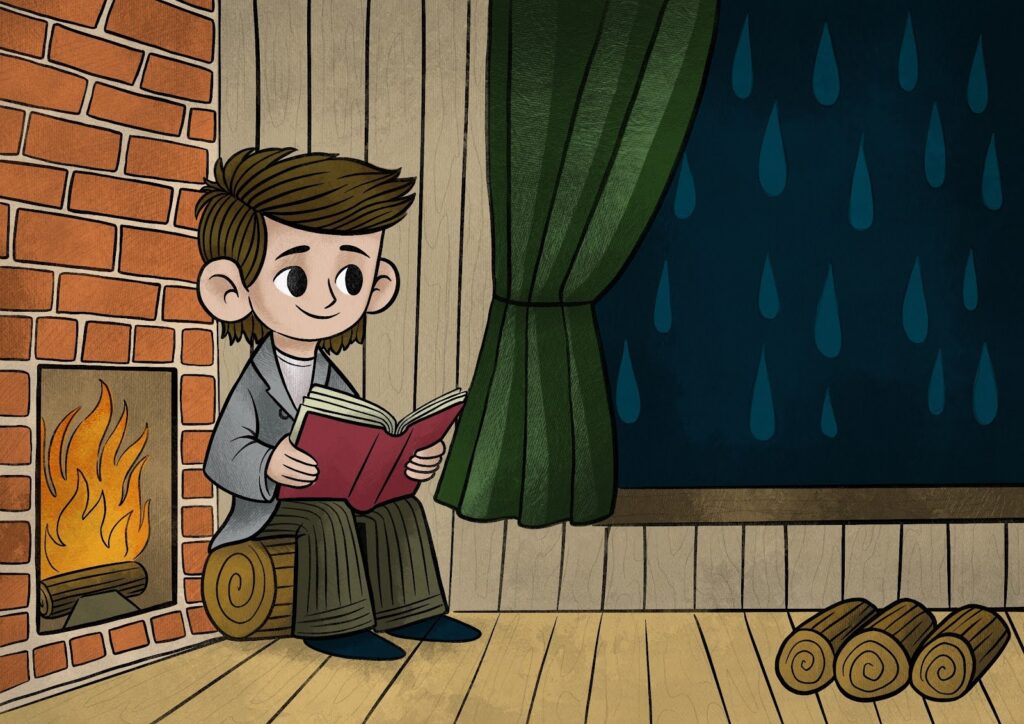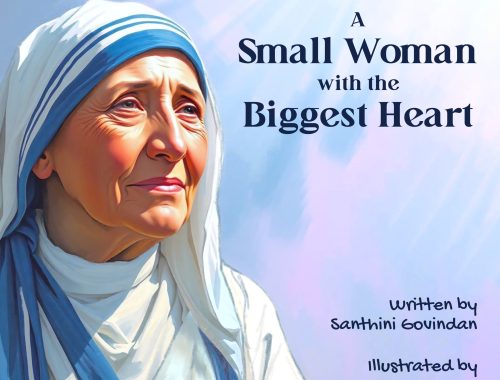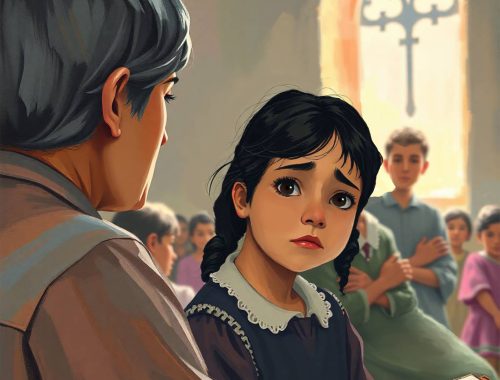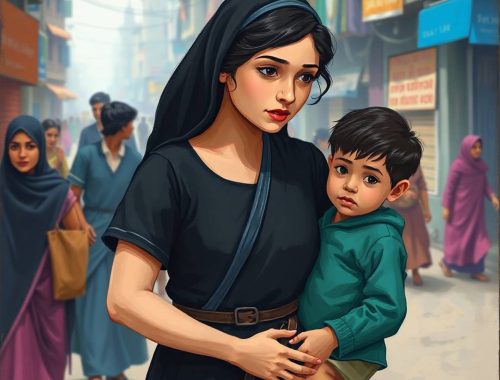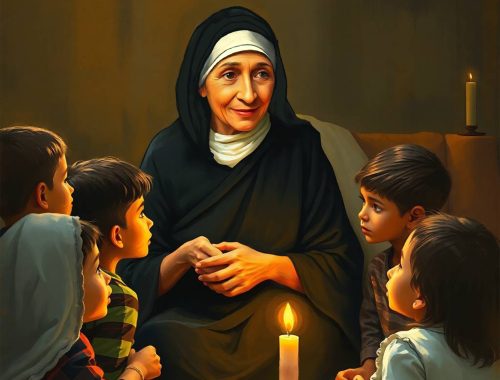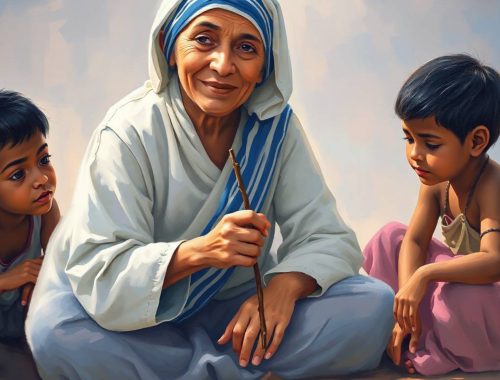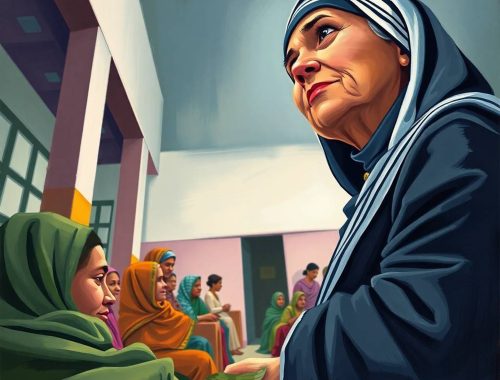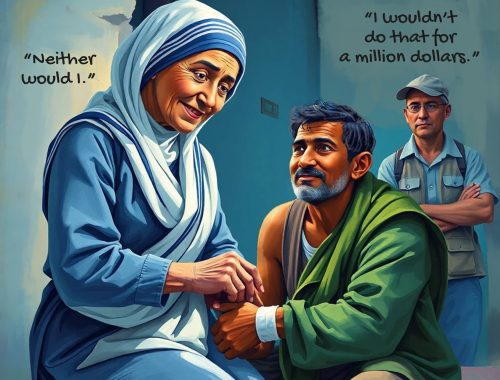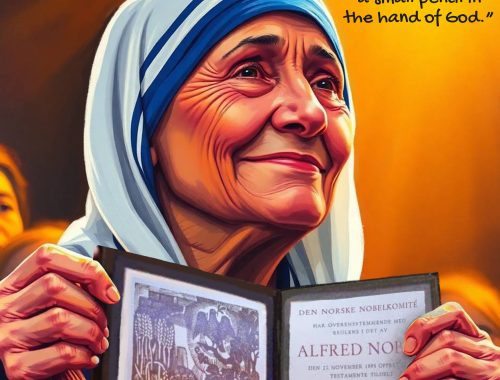New Video
See the story unfold
Tollit referrentur contentiones an sed. Ius tacimates defini tione, quoprimatum dicunt labitur te. Te debet tibique.
Discover her story:
She was small in size but mighty in heart. Born in Albania and called to India, young Agnes dreamed of helping the poor.
A woman who gave up everything to care for the sick, feed the hungry, and love those the world had forgotten. This inspiring true story shows how one person’s kindness and courage can change countless lives and win the hearts of millions.
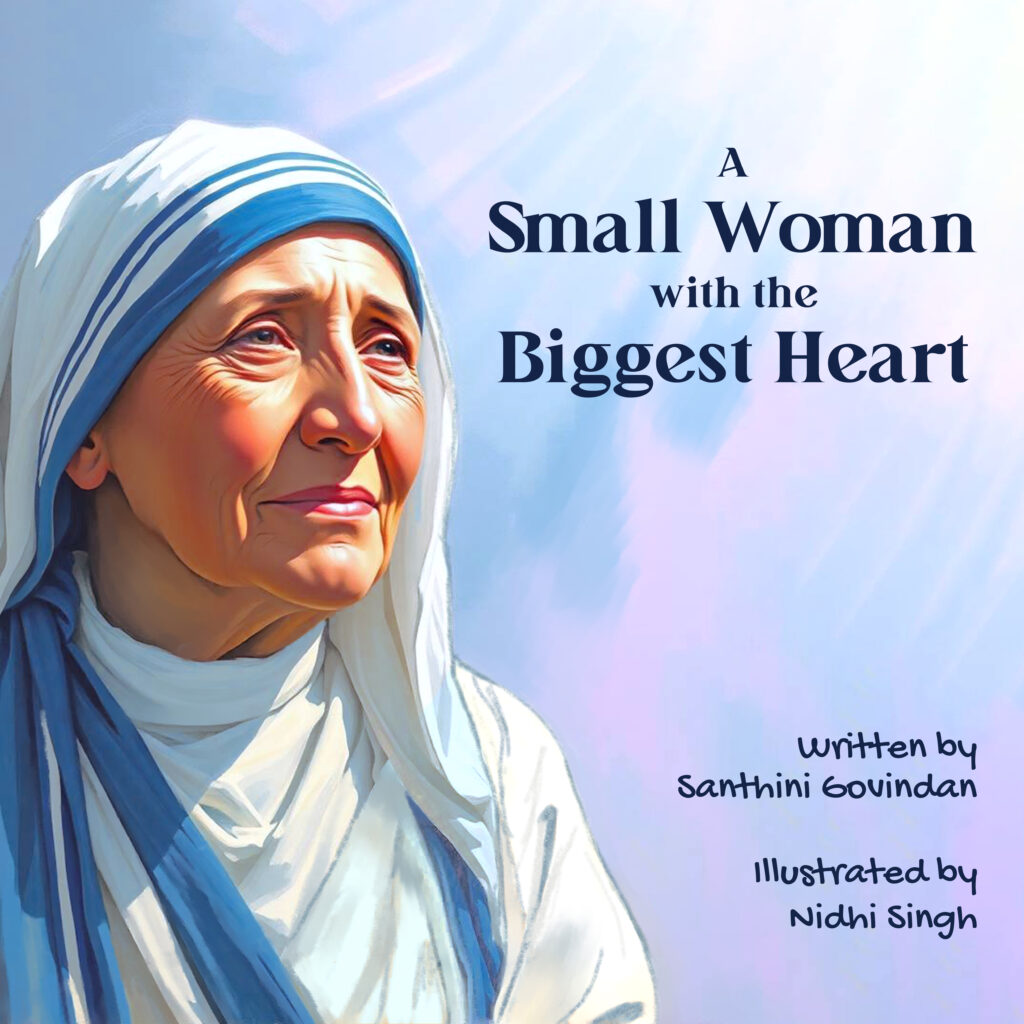
A little girl once lived with her family in a town in Albania. She had a kind-hearted and generous mother, and two older siblings. Their father, a businessman, passed away when the little girl was just eight years old. Life then became difficult, but the little girl’s mother worked hard to support her family by opening a sewing shop.
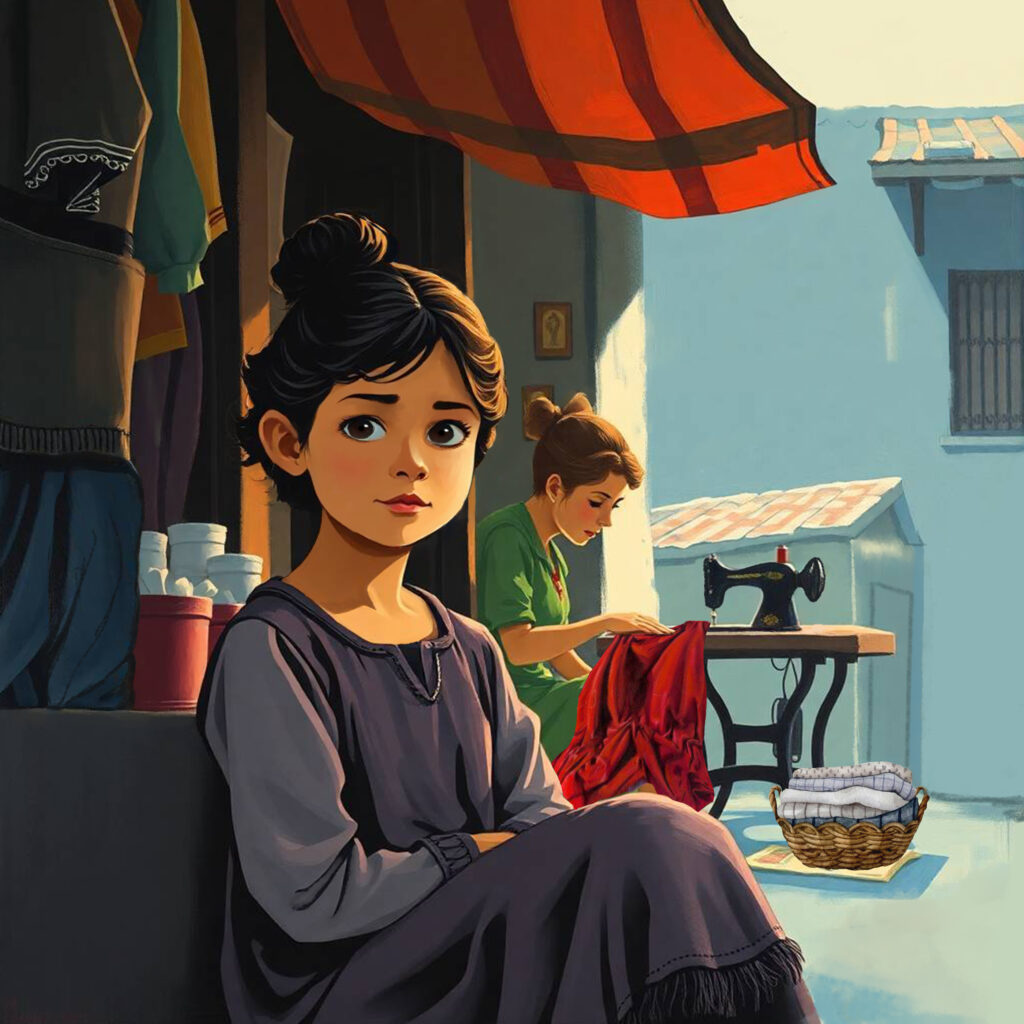
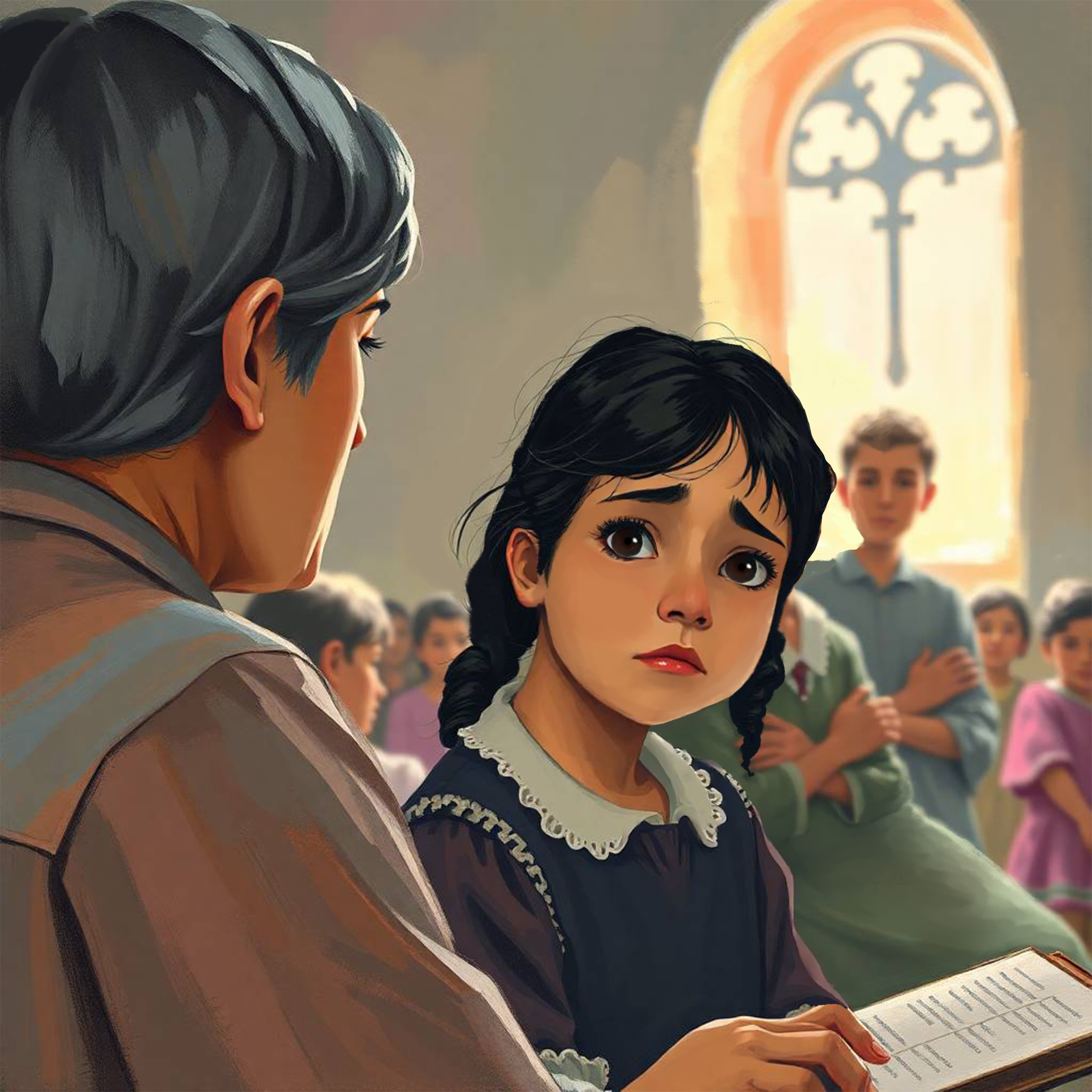
As she grew up, the girl loved listening to stories about distant lands, especially a country called India, at Sunday school. She heard about people who were treated unfairly just because of the families they were born into. Some were given only the hardest and lowest jobs, and many lived in great poverty. Her heart ached for them, and she dreamed of helping them one day.
When she turned 18, the young girl made a big decision—she would travel to India to become a missionary. She joined a special group in Ireland where she could learn English to prepare for her journey. This meant leaving her home and family, including her beloved mother, forever.

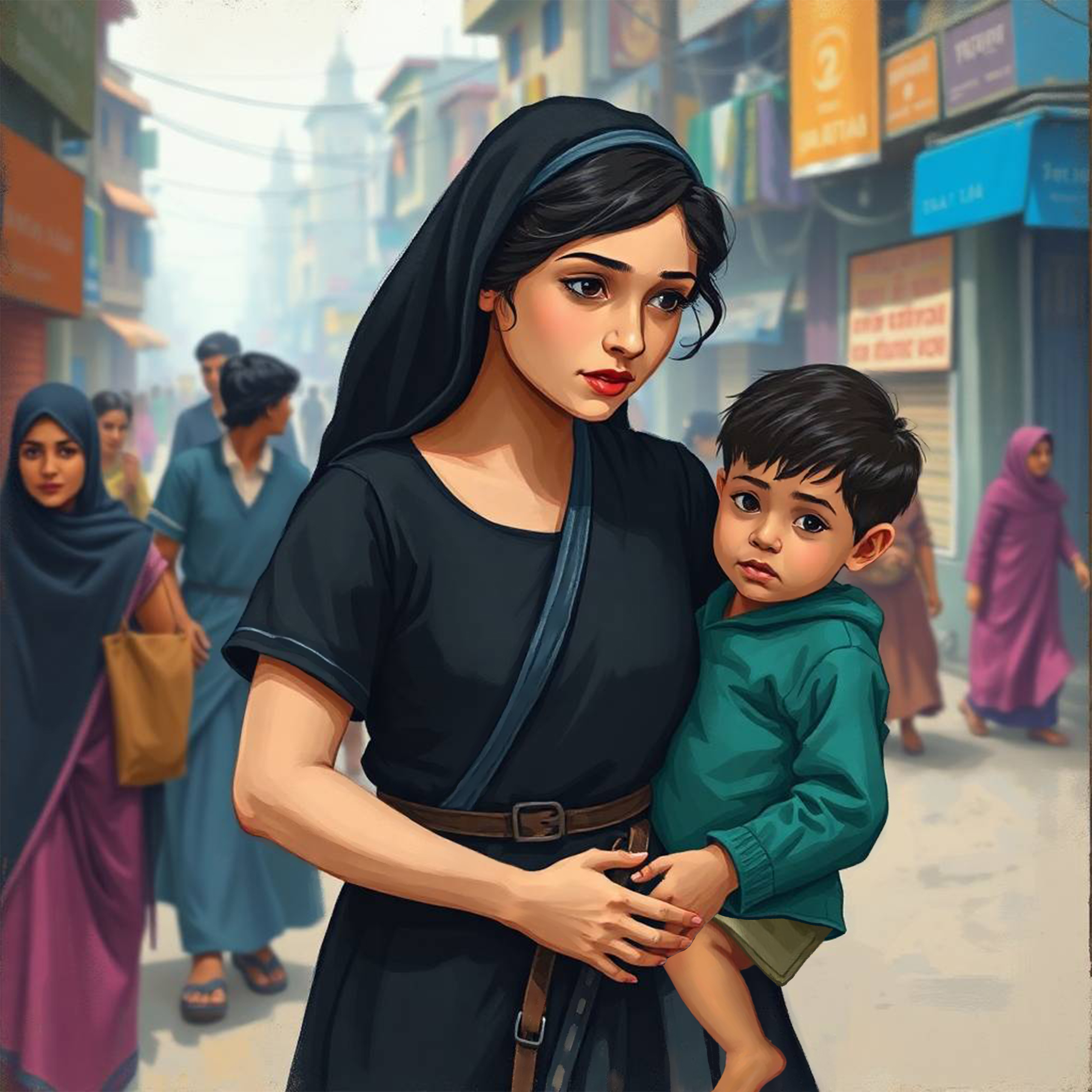
At 19, the brave young girl traveled across the ocean for seven long weeks until she finally arrived in India. In a quiet town, she trained to be a nun. She replaced her clothes with a simple black dress, and cut off her long hair. She also learned to speak Hindi and Bengali so she could talk to the people she wanted to help.
For over 20 years, this dedicated young woman worked as a teacher, helping young students learn and grow. She became the headmistress of a school, guiding many children toward a brighter future. But deep in her heart, she felt a calling to do even more.
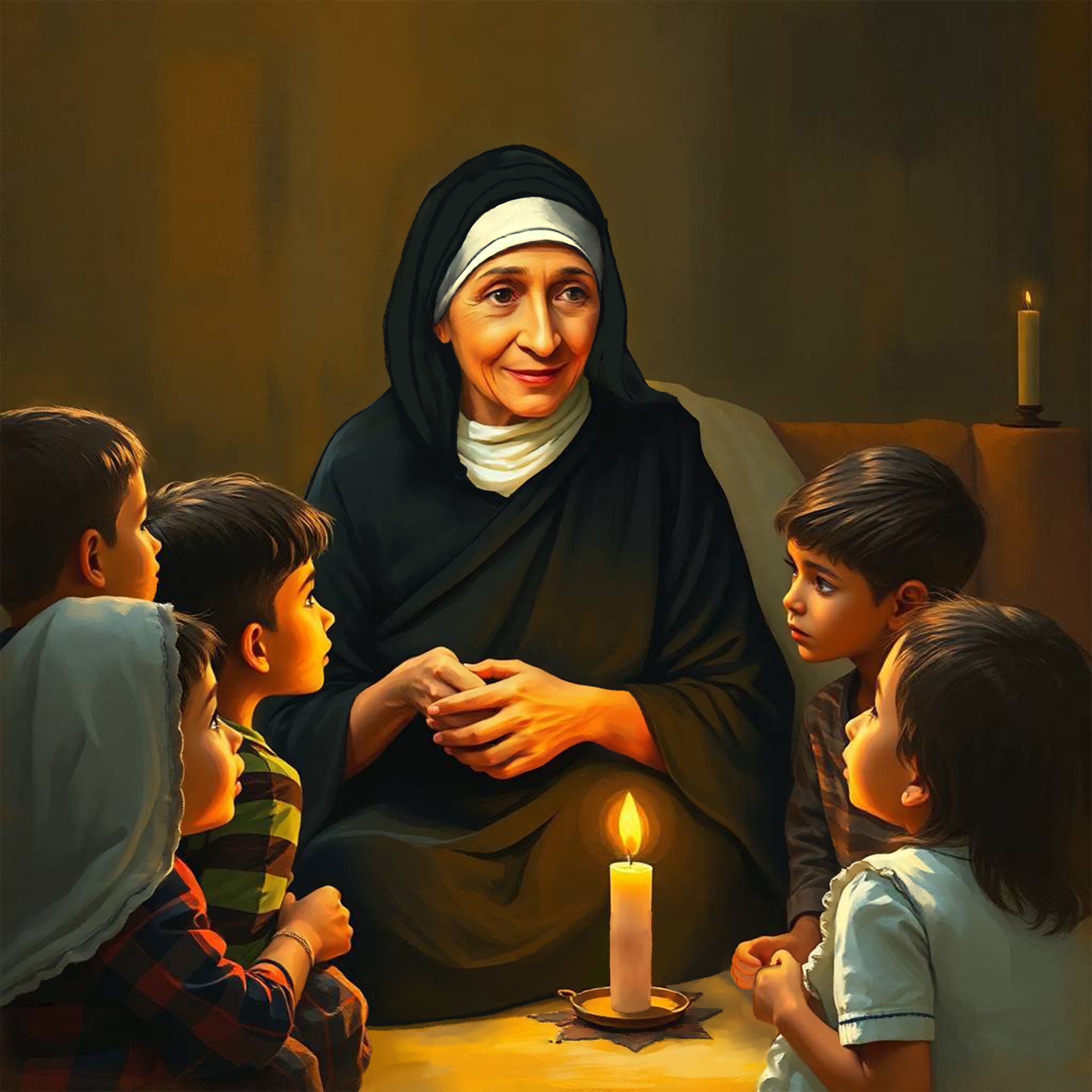

One day, while travelling on a train, she had a powerful realization. She believed she was meant to leave the school, and live among the poorest of the poor. She took medical and nursing training so she could care for the sick. Then, she left behind her safe and comfortable life, and moved into a tiny home in the slums.
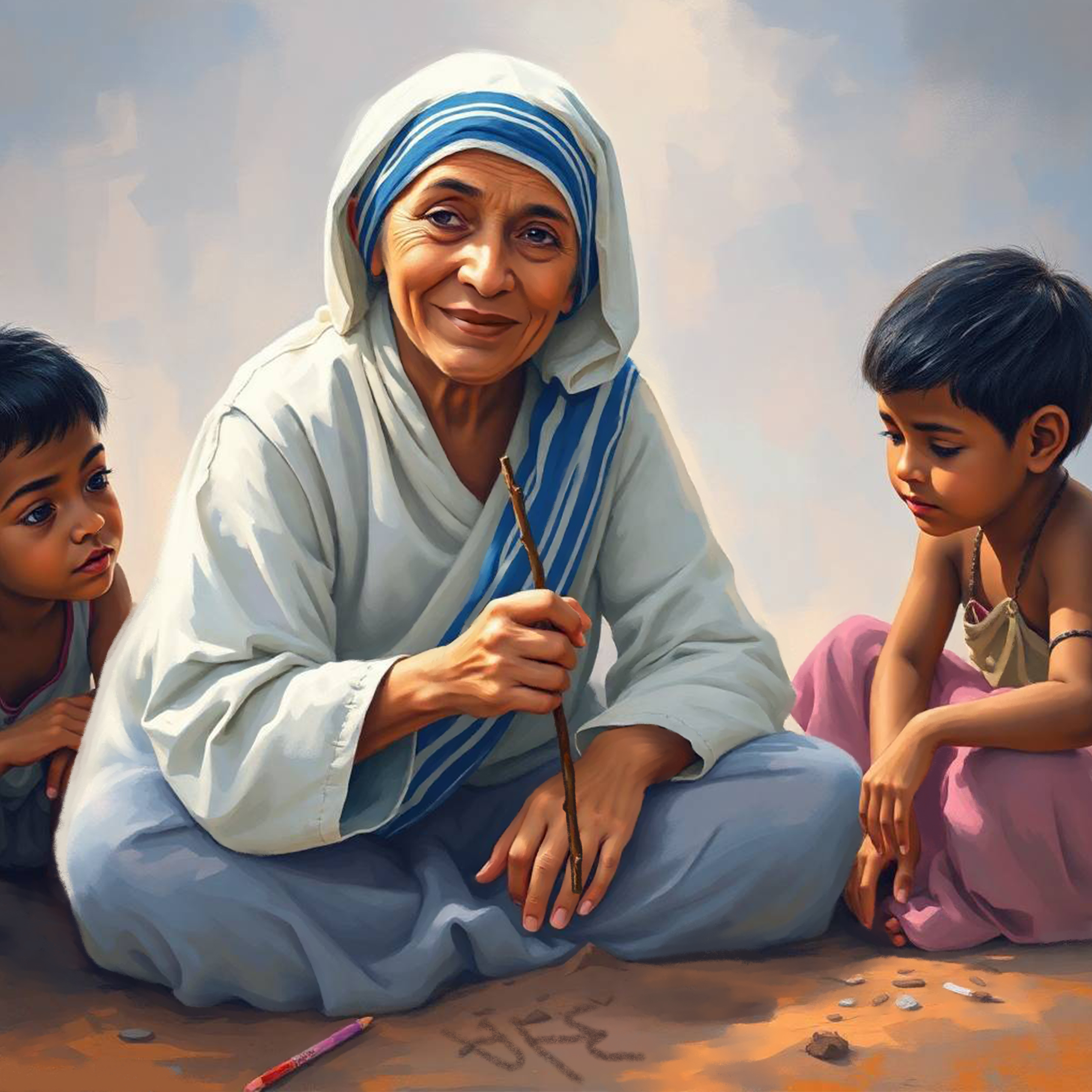
She now wore a simple white cotton saree with blue stripes and walked in thin sandals. The first year was the hardest—she had no money and had to beg for food and supplies. But she never gave up.
She taught poor children how to read by drawing letters in the dirt. People noticed her kindness and started helping by giving money and supplies. Even some of her former students joined her mission.
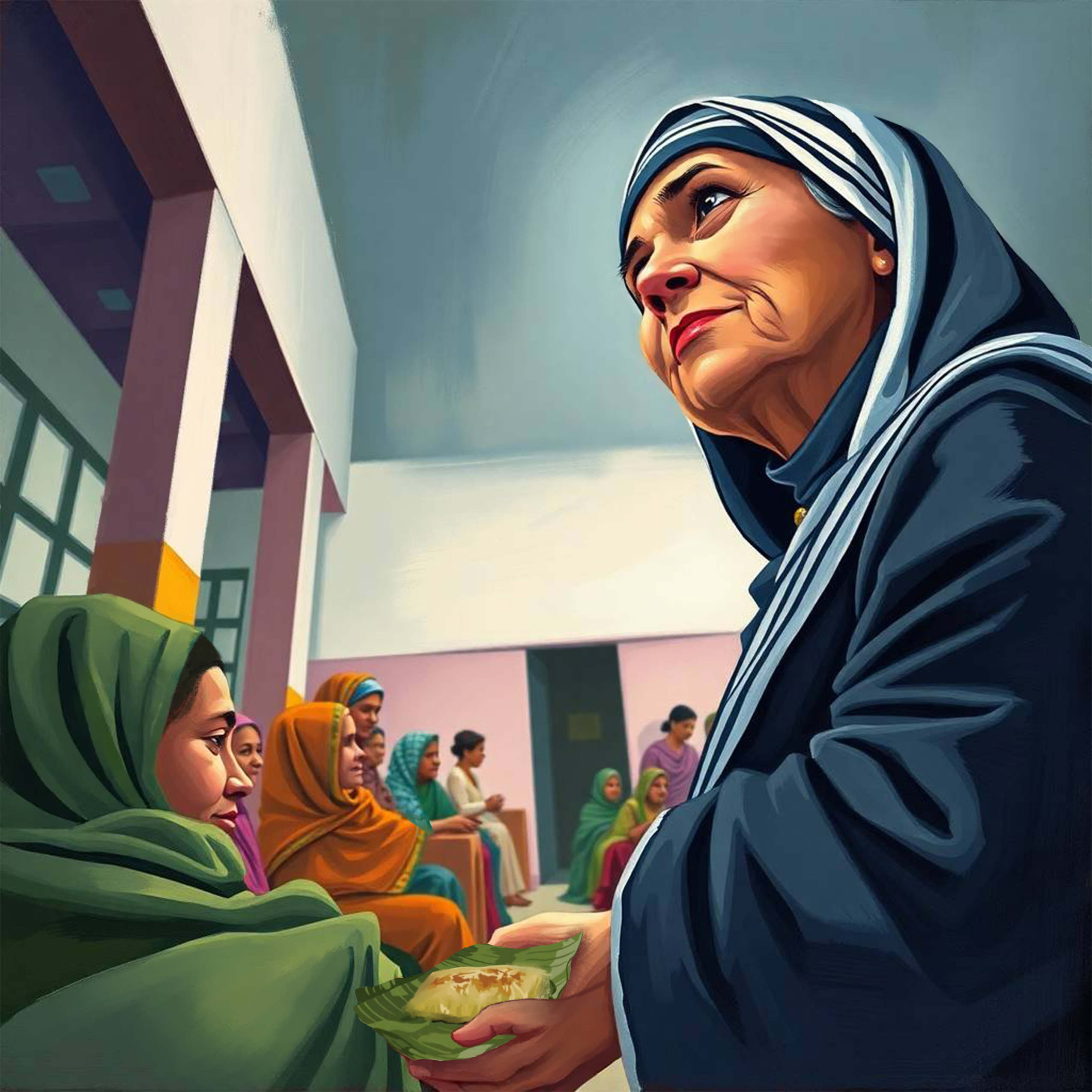
She now wore a simple white cotton saree with blue stripes and walked in thin sandals. The first year was the hardest—she had no money and had to beg for food and supplies. But she never gave up.
She taught poor children how to read by drawing letters in the dirt. People noticed her kindness and started helping by giving money and supplies. Even some of her former students joined her mission.
More women joined her, and together they created a group called the Missionaries of Charity. They rescued abandoned babies, cared for the sick, and provided food and medicine to those with leprosy. No matter how difficult or heartbreaking the work was, she kept going, always with a smile.
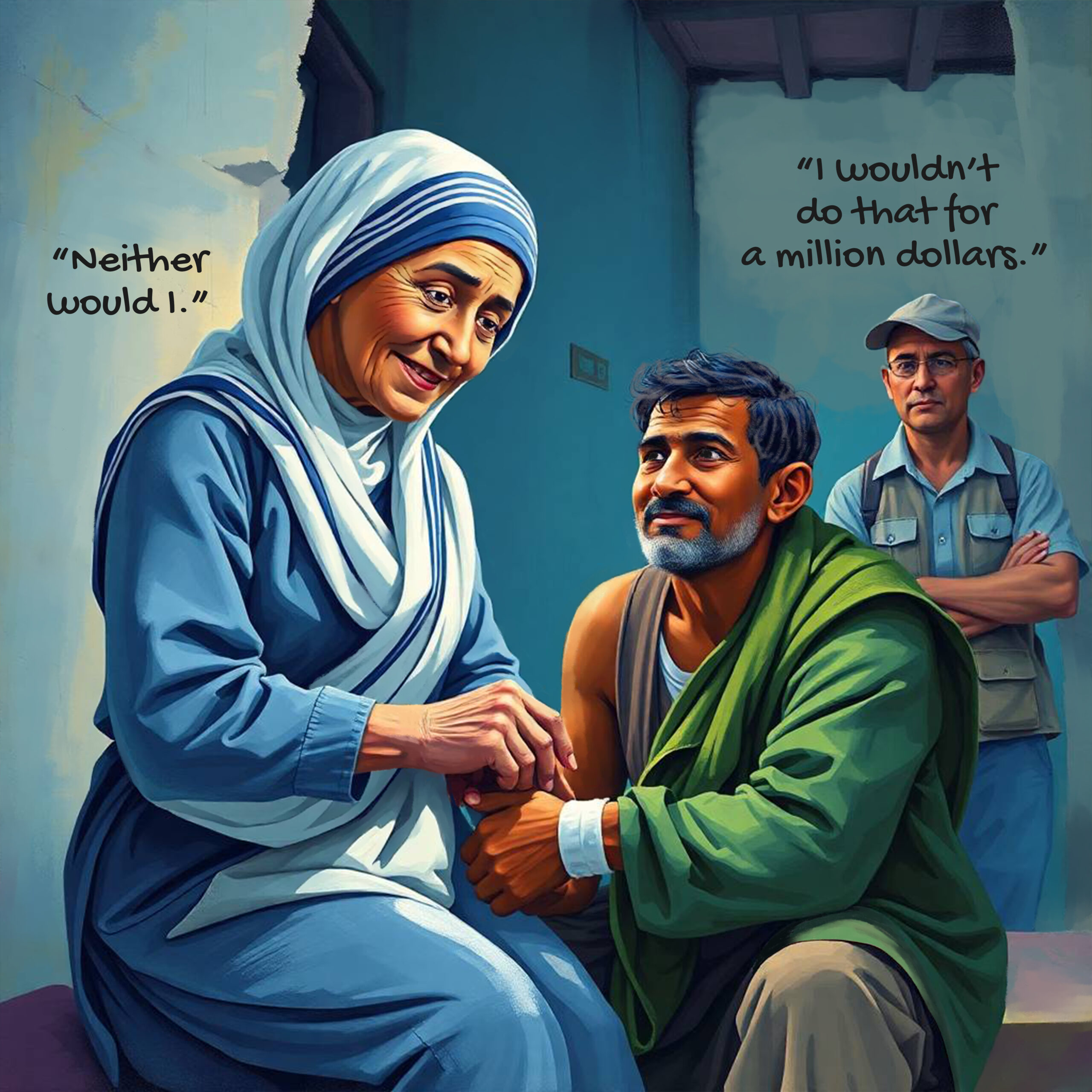
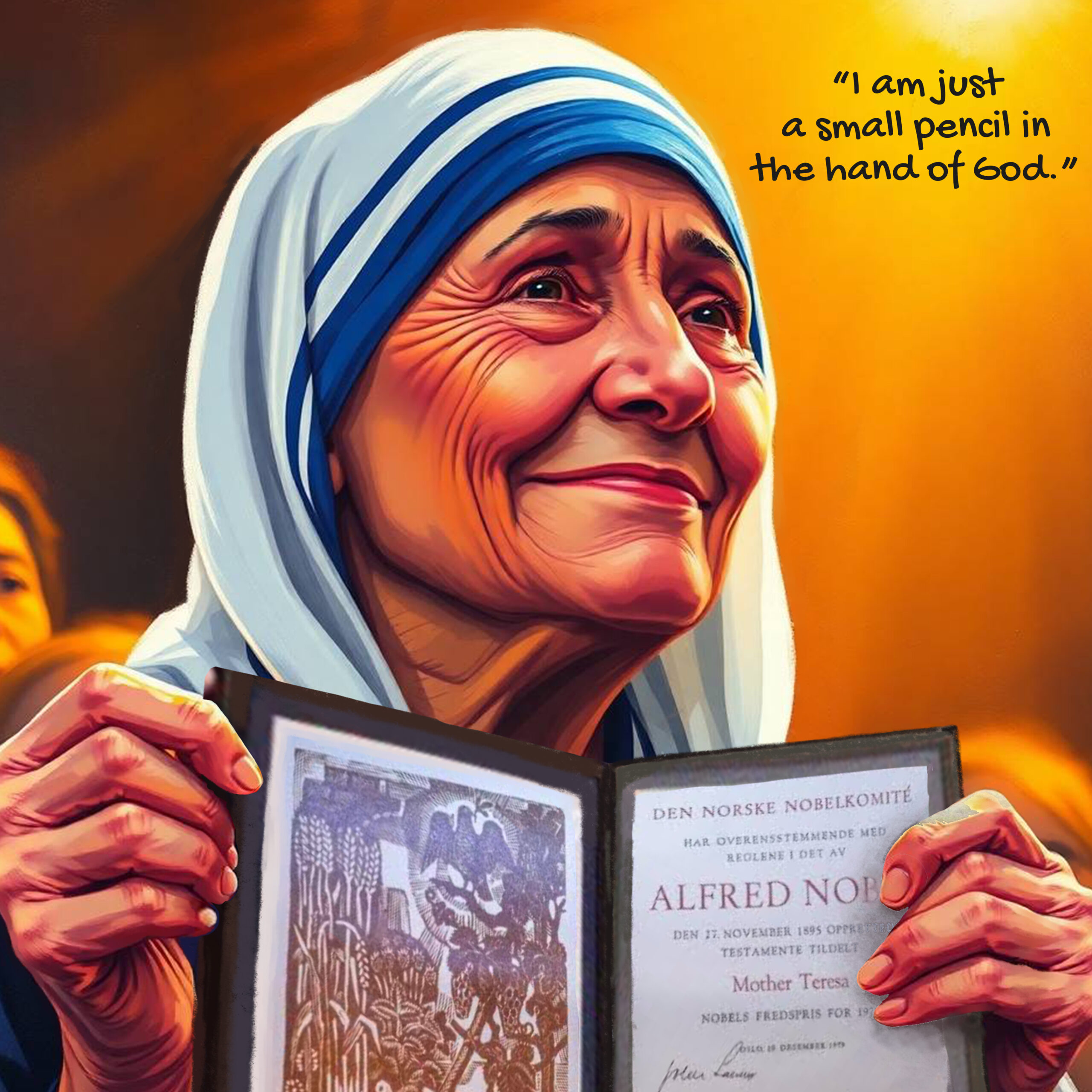
One day, she was bandaging a man’s wound when two American tourists passed by. They watched her in shock and whispered, “I wouldn’t do that for a million dollars.”
She heard them and softly replied, “Neither would I.”
That is how kind and selfless she was. The world came to know her as Mother Teresa
Mother Teresa once said, “I am just a small pencil in the hand of God.”
In 1979, she received the Nobel Peace Prize for her work in helping the poor and sick.
.
One day, she was bandaging a man’s wound when two American tourists passed by. They watched her in shock and whispered, “I wouldn’t do that for a million dollars.”
She heard them and softly replied, “Neither would I.”
That is how kind and selfless she was. The world came to know her as Mother Teresa
Mother Teresa once said, “I am just a small pencil in the hand of God.”
In 1979, she received the Nobel Peace Prize for her work in helping the poor and sick.
.
Tollit referrentur contentiones an sed. Ius tacimates defini tione, quoprimatum dicunt labitur te. Te debet tibique.
Meet the saint:
Agnes was born on August 26th, 1910, in Skopje, Albania (now the capital of North Macedonia), the youngest of three children of Nikollë and Dranafile Bojaxhiu. After a long, seven-week ship journey, she arrived in India in 1929 to train to be a nun in Darjeeling, near the Himalayan mountains. She shaved off her long hair and put on a black habit, long black dress, and black shoes. As a novitiate, Agnes learnt how to speak Hindi and Bengali.
The saint who inspired her, Saint Theresa of Lisieux, the patron saint of missionaries, had said, “I am a very little soul who can offer only very little things to the Lord.” Agnes felt the same way, so she chose Teresa as her new name. In May 1937, Sister Teresa took her final vows as a nun and became Mother Teresa. In 1948, Mother Teresa removed the nun’s habit she had worn for years. She wore a simple white cotton saree with a blue border and a pair of cheap sandals, bought in a market for two rupees and fifty paise (less than a cent).
